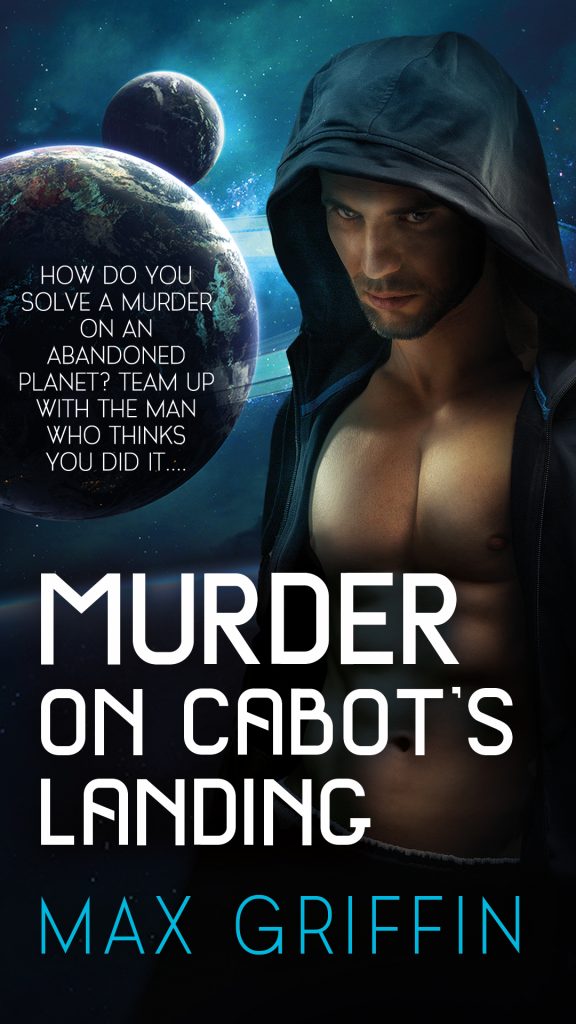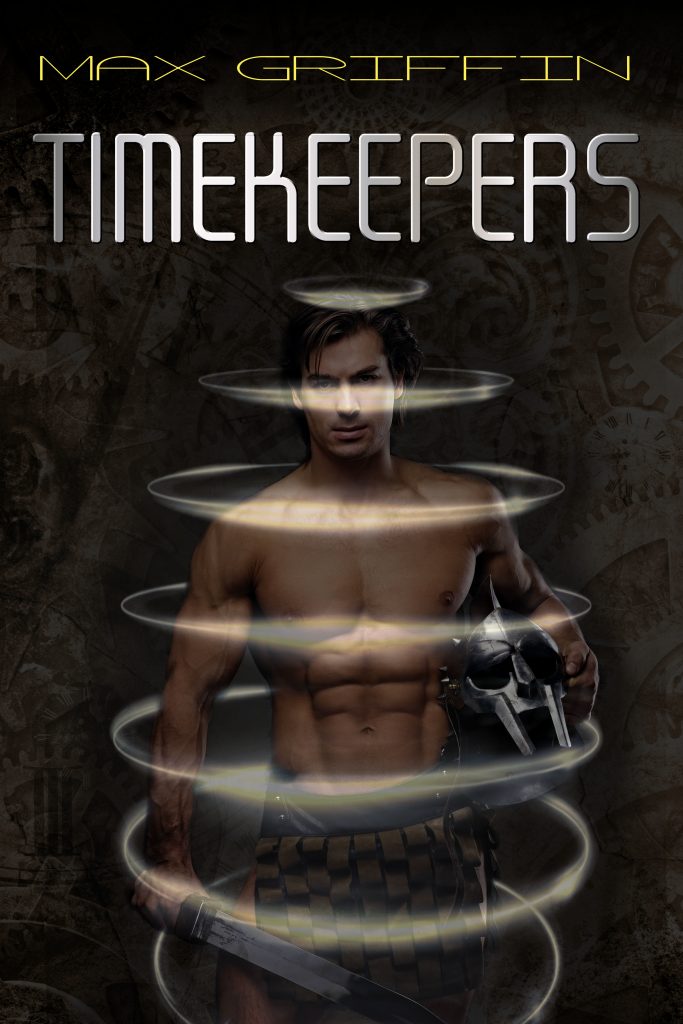








Coming soon!

Max’s fiction covers many genres, most with LGBTQ protagonists
- Science Fiction
- Mystery
- Horror
- Urban fantasy/Slipstream
Max’s fiction focuses on characters you care about. Sometimes ordinary, sometimes quirky, sometimes downright evil, the conflict between the characters drives the story.
Meantime, here’s the lastest science news.
- Geologists, biologists unearth the atomic fingerprints of canceron May 6, 2024 at 7:15 pm
Earth scientists have long turned to minute differences in hydrogen atoms to explore the ancient history of our planet. A new study suggests that these same tiny atoms might also lead to new ways to track the growth of cancer.
- Venus has almost no water: A new study may reveal whyon May 6, 2024 at 5:16 pm
Billions of years ago, Venus may have harbored as much water as Earth. Today, almost all of it has disappeared. A new study may help to explain why.
- DDT pollutants found in deep sea fish off Los Angeles coaston May 6, 2024 at 5:16 pm
As the region reckons with its toxic history of offshore dumping off the California coast, new findings raise troubling questions about whether the banned pesticide remains a threat to wildlife and human health.
- Turbid waters keep the coast healthyon May 6, 2024 at 5:16 pm
To preserve the important intertidal areas and salt marshes off our coasts for the future, we need more turbid water. That is one of the striking conclusions from a new study.
- Past and guides future efforts to reduce cancer disparitieson May 6, 2024 at 5:16 pm
The toll cancer takes on lives in the U.S. has declined during the last 28 years, but not equitably. Disparities persist in many historically marginalized communities — including communities disadvantaged by race, socioeconomic status, orientation or gender identity, and geographic location — despite community outreach and engagement programs designed to address them.
- The Clues for Cleaner Wateron May 6, 2024 at 5:16 pm
By using experimental electrochemical analyses, mass spectrometry, and computational quantum chemistry modeling, the researchers created an ‘atomic-scale storyline’ to explain how ozone is generated on NATO electrocatalysts. They identified that some of the nickel in NATO is probably leaching out of the electrodes via corrosion, and these nickel atoms, now floating in the solution near the catalyst, can promote chemical reactions that eventually generate ozone.
- Simulated chemistry: New AI platform designs tomorrow’s cancer drugson May 6, 2024 at 5:16 pm
Researchers have developed a new AI tool to that generate new drug candidates for cancer, which could help streamline the typically laborious drug discovery process.
